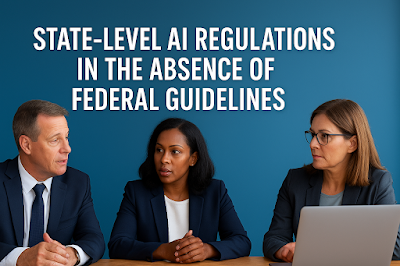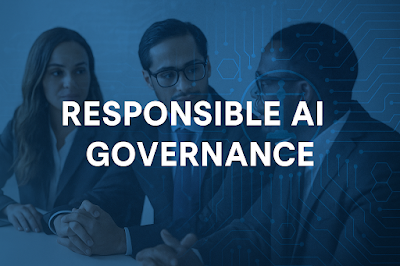Introduction
As global financial institutions embrace digital transformation, regulators are intensifying expectations for operational resilience. Among the most consequential developments is the European Union’s Digital Operational Resilience Act (DORA), which comes into effect in January 2025. While designed for EU-based financial entities and their critical ICT providers, DORA’s implications extend far beyond the borders of Europe.



















